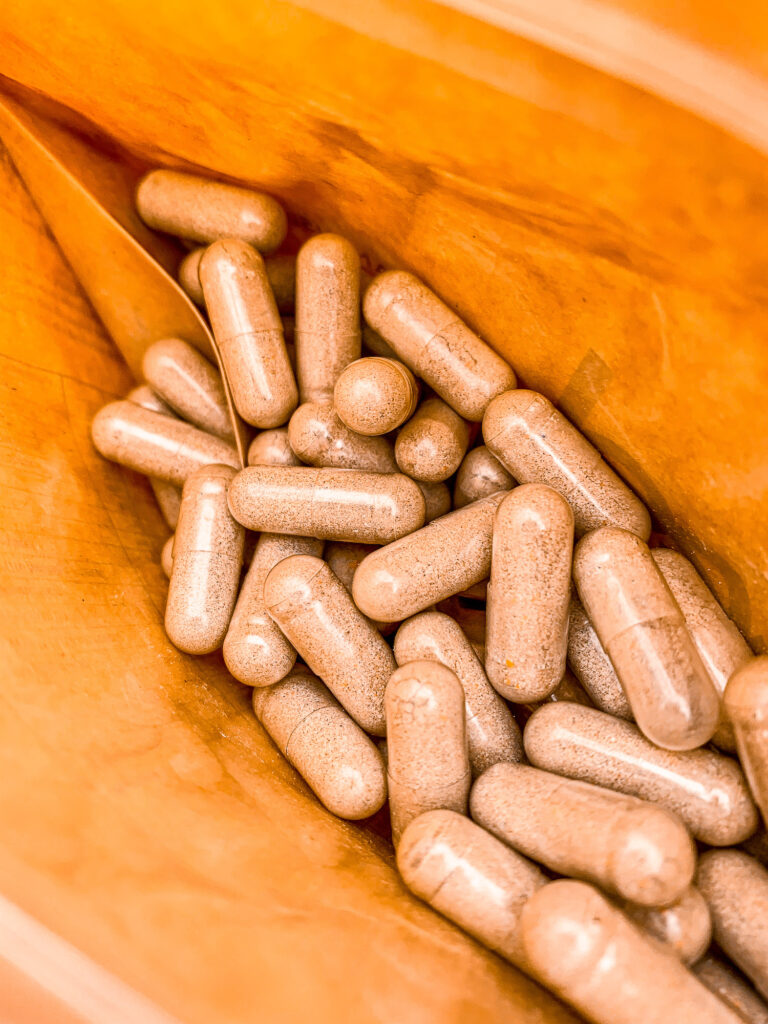Panic medication and other severe forms of anxiety, such as benzodiazepines, can be of great assistance to those who need it. Some would even say they’re truly game-changers. Then there are others out there who are cautious with medications like these for fear of side effects. One of those side effects that people fear is the formation of addiction.
So, the real question now is, can medications for panic cause addiction? The answer is an unfortunate yes.
3 Ways Panic Medication Can Get You Addicted
Anyone is at Risk of Medication Addiction
The important thing to remember is that anyone who takes medication for panic or severe anxiety can be at risk of becoming addicted to the medication. The addiction can be psychological, physical, or even both.
Addiction is common with benzodiazepines as not only do they reduce anxiety, but they also arouse the pleasure-reward center of our brains. On top of that, those taking this class of anti-anxiety medication may find their bodies becoming tolerant to the medication over a period of using the medication, requiring more medication to be taken to achieve the same effect.
While anyone can be at risk, there are certain individuals who are at a greater risk of forming addiction to medication like benzodiazepines. This includes those with addictive personalities, who have or may have inherited a gene linked to addiction / substance abuse, or those who struggled with addiction in the past.
Proper Education Can Reduce the Chances of Addiction
One of the best ways to prevent the formation of addiction on panic medication is proper education. The patient must be adequately educated on the seriousness of the medication they’ve been prescribed, how to properly take the medication, what to do if a dose is missed, and so on.
Apart from patient education, it’s critical that the patient actually follows the guidelines presented to them by a medical or mental health professional. It is their responsibility to take the proper dosage and follow other rules regarding their medication. The right usage can significantly reduce the odds of addiction.
Addiction Can be Overcome
Even if addiction to panic medication has already occurred, it isn’t too late to get help. One can overcome their addiction and find a different and more applicable form of help for their panic or severe anxiety. This is best done alongside a professional who can safely guide you every step of the way.
Are you or a loved one struggling with panic attacks and/or addiction to panic medication? Consider enrollment into a partial hospitalization program Orange County. In a program like this, one can get the proper care they need to get back on the right foot.
Conclusion
Concluding, it’s evident that the role of medications in managing panic attacks can be transformative, offering individuals a pathway to reclaim their lives and navigate daily challenges with newfound stability. Yet, the potential for dependency on these medications, particularly among those with a history of addiction, necessitates a cautious approach. Regular oversight by a mental health professional becomes indispensable, ensuring that the benefits of such medications are maximized while minimizing risks.
This professional guidance is vital not only for assessing the medication’s efficacy but also for making adjustments as needed to tailor the treatment to the individual’s evolving needs. It’s a delicate balance between leveraging the therapeutic advantages of these medications and remaining vigilant about their potential for dependency. Ultimately, the goal is to support individuals in managing their panic attacks effectively, enabling them to lead fulfilling lives with the support of appropriate medical oversight.




